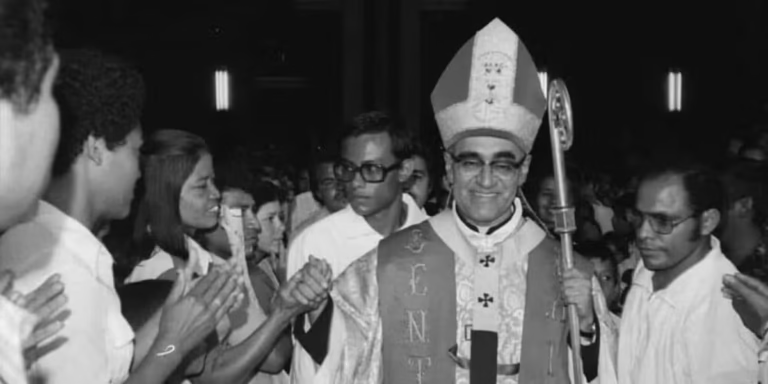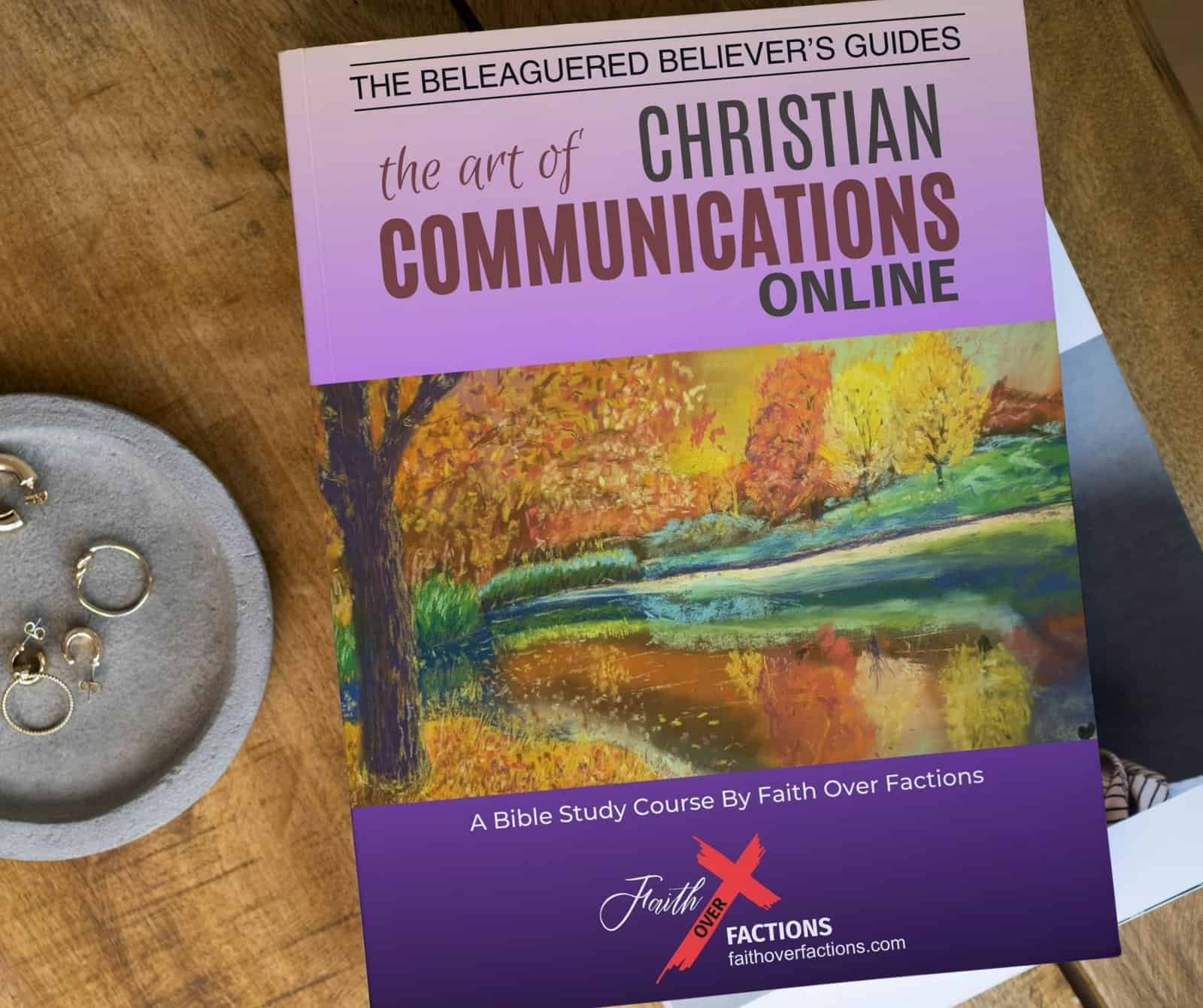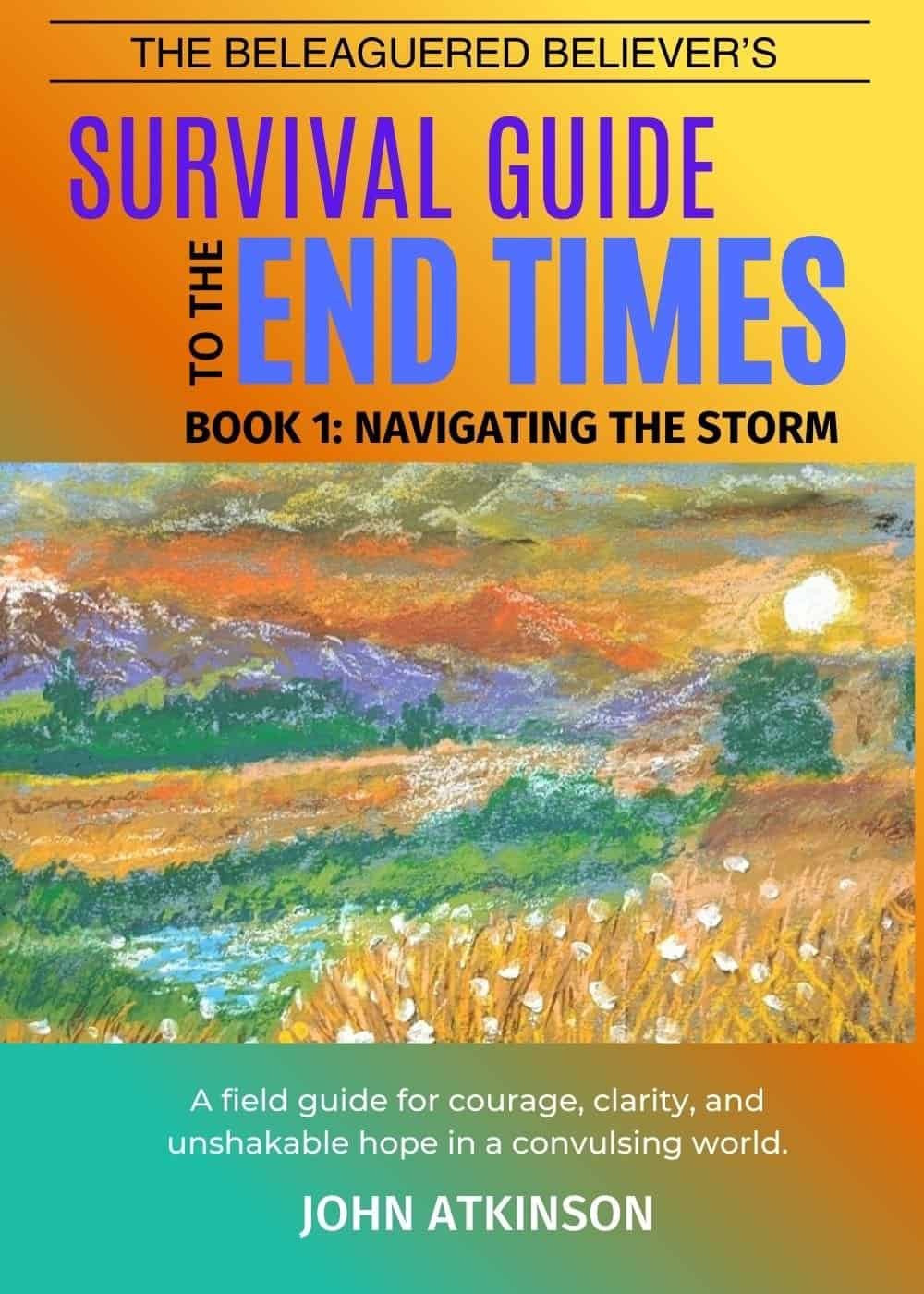Intro
What happens when the pulpit becomes a prophetic witness against power?
Óscar Romero didn’t set out to be a martyr. He didn’t seek headlines or movements. But when the cries of the poor rose alongside gunfire in El Salvador—and when priests were murdered for standing with the oppressed—Romero’s heart shifted. He stepped forward, not as a politician, but as a shepherd. And when the world told him to sit down, he stood taller—Bible in hand, gospel in mouth, and his life on the line.
Brief Biography
Born in 1917 in Ciudad Barrios, El Salvador, Óscar Arnulfo Romero came from a humble background and entered seminary at a young age. He was deeply devout, a quiet and bookish priest, known more for his caution than controversy. In 1977, he was appointed Archbishop of San Salvador—a move many believed would calm tensions between the church and the authoritarian government. But just weeks later, Romero’s close friend, Fr. Rutilio Grande, was assassinated for organizing rural peasants and advocating for land reform.
Romero was never the same.
He began to speak out in defense of the poor, the voiceless, and the disappeared. His transformation was not a betrayal of the Church’s tradition—it was its fulfillment.
The Resistance That Cost Him
Week after week, Archbishop Romero used his Sunday homilies—broadcast nationally over radio—to expose injustice. He read the names of the dead. He condemned military raids, political kidnappings, and government lies. His messages weren’t vague spiritual platitudes; they were gospel indictments. They challenged the conscience of a nation.
And for that, he became a marked man.
His most powerful moment came on March 23, 1980—the day before his death. In his final sermon, he said:
“In the name of God and in the name of this suffering people whose cries rise to heaven every day more tumultuously, I beg you, I implore you, I order you in the name of God: stop the repression!”
The next evening, while celebrating Mass in a hospital chapel, a gunman entered and shot him through the heart. He died at the altar, mid-blessing.
Martyrdom didn’t make Romero holy. His holiness was forged long before—when he refused to turn his eyes away from the people Christ loved.
What We Must Learn
Romero’s life confronts the false idea that faith and politics must never touch. He didn’t preach a partisan gospel. He preached a liberating gospel—one that insists the cross doesn’t stand behind the powerful but beside the suffering.
In a time of terror, when even churches were complicit in violence or paralyzed by fear, Romero chose clarity over comfort. He saw the face of Christ in the peasant, the prisoner, the disappeared—and he refused to abandon them.
He forces us to ask: Do we preach a gospel that is safe, or a gospel that saves? Do we whisper when the Spirit calls us to roar?
Scripture That Anchored His Stand
Micah 6:8 (NLT)
“O people, the Lord has told you what is good, and this is what he requires of you: to do what is right, to love mercy, and to walk humbly with your God.”
Isaiah 1:17 (NLT)
“Learn to do good. Seek justice. Help the oppressed. Defend the cause of orphans. Fight for the rights of widows.”
Romero knew the gospel was not vague kindness—it was active justice rooted in God's mercy. He didn’t separate salvation from solidarity.
Practical Reflection
Listen to the Cry of the Poor
Romero’s sermons centered the voices the world tried to erase. Who are the poor, marginalized, or ignored in your community? Where are their stories being silenced—and how can you help amplify them?
Refuse to Separate Gospel and Justice
Faith that refuses to confront injustice isn’t neutral—it’s distorted. Reread Micah 6:8 slowly. Are your prayers drawing you toward action, or keeping you comfortable?
Speak Boldly from Your Platform
Romero’s pulpit was a threat to tyranny. You may not be an archbishop, but you have influence—a platform, a voice, a circle of care. Don’t waste it playing safe. Speak truth with love.
Pray for Prophetic Courage
“Lord, make me brave like Romero—not reckless, but faithful. Let me speak what is right, even when it is unwelcome. Let my life declare Your justice.”
More Light for the Journey
Matthew 5:10 (NLT) – “God blesses those who are persecuted for doing right, for the Kingdom of Heaven is theirs.”
→ The cost of justice is not failure—it’s faithfulness.Luke 4:18 (NLT) – “The Spirit of the Lord is upon me… to bring Good News to the poor… to set the oppressed free.”
→ Jesus’ own mission aligns with Romero’s life.Proverbs 21:3 (NLT) – “The Lord is more pleased when we do what is right and just than when we offer him sacrifices.”
→ Worship is meaningless without justice.
Let’s Walk This Out Together
Óscar Romero didn’t start as a prophet. He became one by opening his eyes, listening to the pain around him, and trusting that truth was more powerful than fear. He died with his eyes on the altar—but his voice still echoes through history.
Call to Action:
Read one of Romero’s homilies or letters. Ask yourself what your faith would sound like if you preached from a place of holy fire. Share a quote that moved you using #ChristianResistance.
Journaling Prompt: Preaching With Your Life
What would I be willing to risk for the sake of truth and justice?
Where is God asking me to use my voice—even if it challenges systems or makes others uncomfortable?





